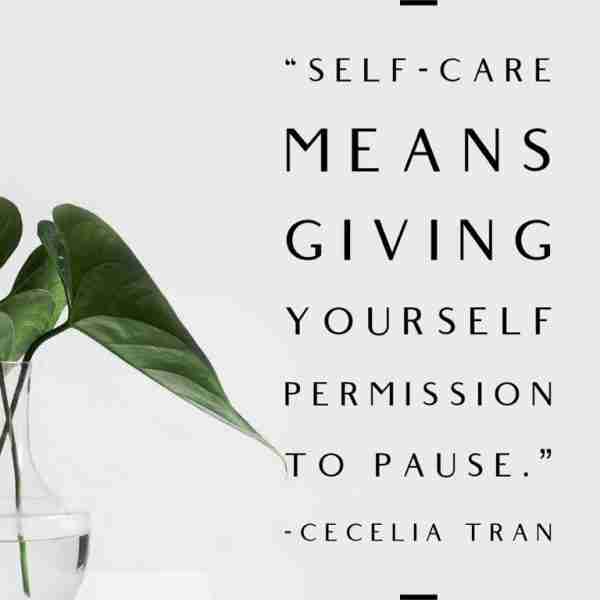You are important. Your thoughts have value. Your ideas are worth hearing.

People pleasers easily become codependent. Meaning that their emotional well-being is affected by the emotions of those around them.
If you are like this, you might mistakenly believe that everyone feels this way. But you would be wrong. Some might care what others think of them to a certain degree. But people-pleasers base their entire self-perception on how people view them and react to what they say and do.
How Much Do You Care About What Others Think?
- How much does the approval of others factor into your emotional well-being and sense of security?
- If you get the feeling that someone doesn’t like you or disapproves of your ideas or thoughts or deeds, can it ruin your entire day?
- Do you feel nervous and anxious around this person until you find a way for them to show approval toward you?
- This type of reaction typically points to a codependent personality which is the hallmark of a people pleaser.
Uncovering Your Hangups
Let’s take a look at the root of why you believe that your actions carry more merit than just simply being who you are.
Sometimes people pleasers feel inadequate in how they look. Do you consider yourself pretty, handsome, or attractive? When a person calls you attractive, do you believe them? Or do you somehow falsely perceive that you could not possibly be attractive to someone else?
Think about the people around you and their levels of attractiveness. Think about friends who have found love and happiness in their relationships.
Someone out there chose to love and accept them for who they are. Someone found them attractive in all of their glorious imperfection, whatever it may be.
You too qualify as someone who has beauty and would be considered attractive by other people. If there are things about you that you can physically improve, what can you work on to help increase how attractive you feel?
Can you take better care of yourself? Exercise more? Improve your diet? Curb your addictions? Engage in activities that light you up from the inside out.
People pleasers might also feel like they’re not as intelligent or interesting as others. They seek a way to bring value in lieu of interesting ideas or conversation. That value comes in the form of help, work, and service offered to others.
Do you consider yourself intelligent, and expressive? Having an opinion that is worth sharing?
Our self-perception can sometimes be based on how we were treated when we were young. Did your parents, siblings, or peers encourage you to ask questions and participate in conversations? Or did they tend to put you down and make you feel inadequate?
Consider how you feel about your own mind. Each person has his or her own unique thoughts and everyone deserves to have a voice.
Your people-pleasing tendency may mask a feeling that you are not worth listening to or that your thoughts are not as good as everyone else’s. It’s time to release that false belief.
You are important. Your thoughts have value. Your ideas are worth hearing and considering.
Next: In Good Company: Why People-Pleasers Thrive with Gentle and Accommodating Friends | Previous: People Pleasers and Co-dependence



Leave a Reply